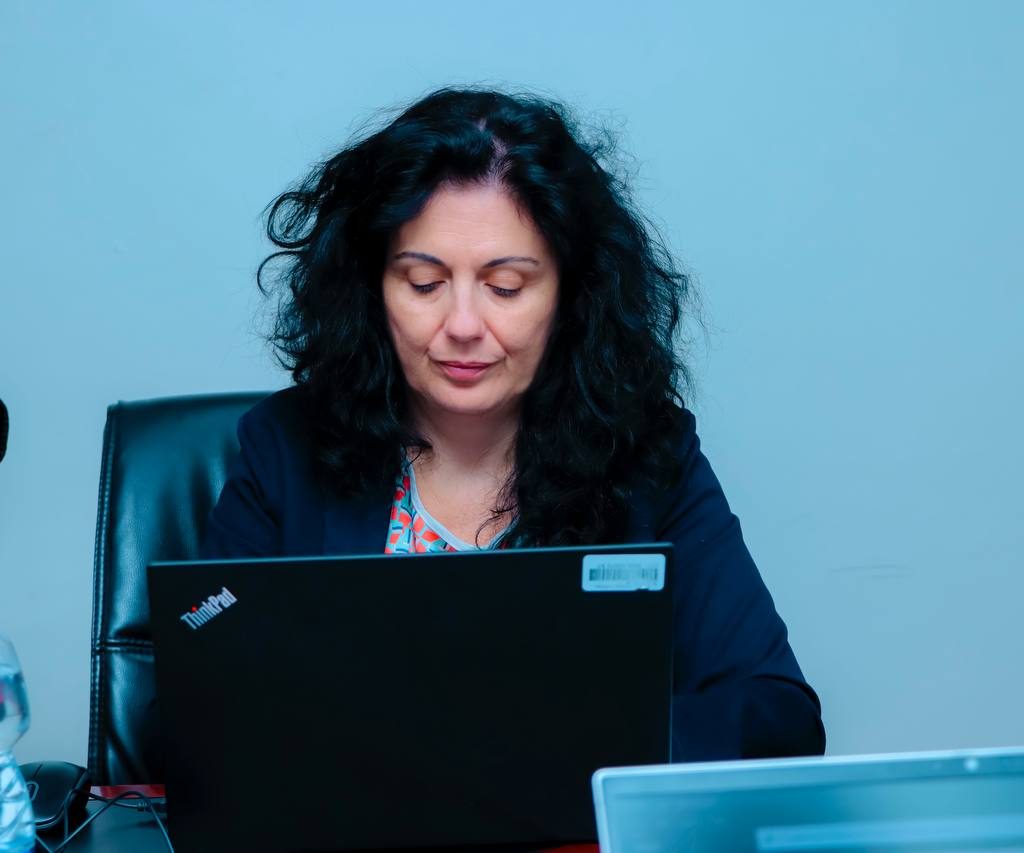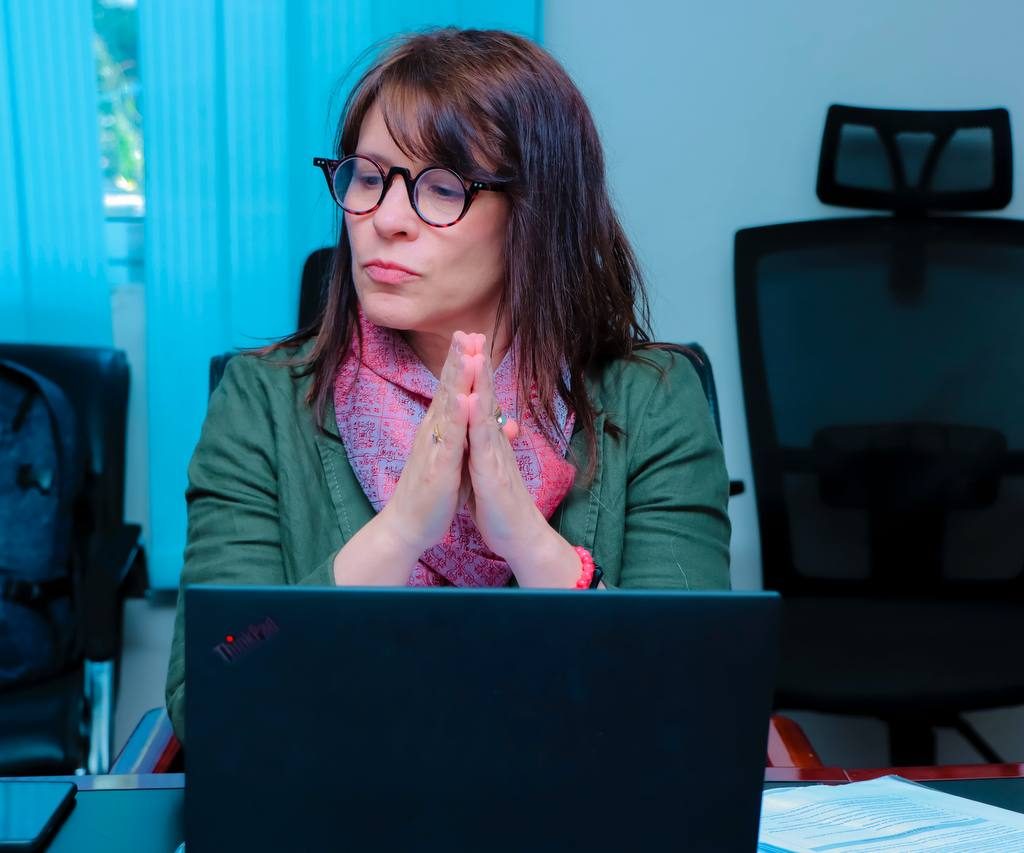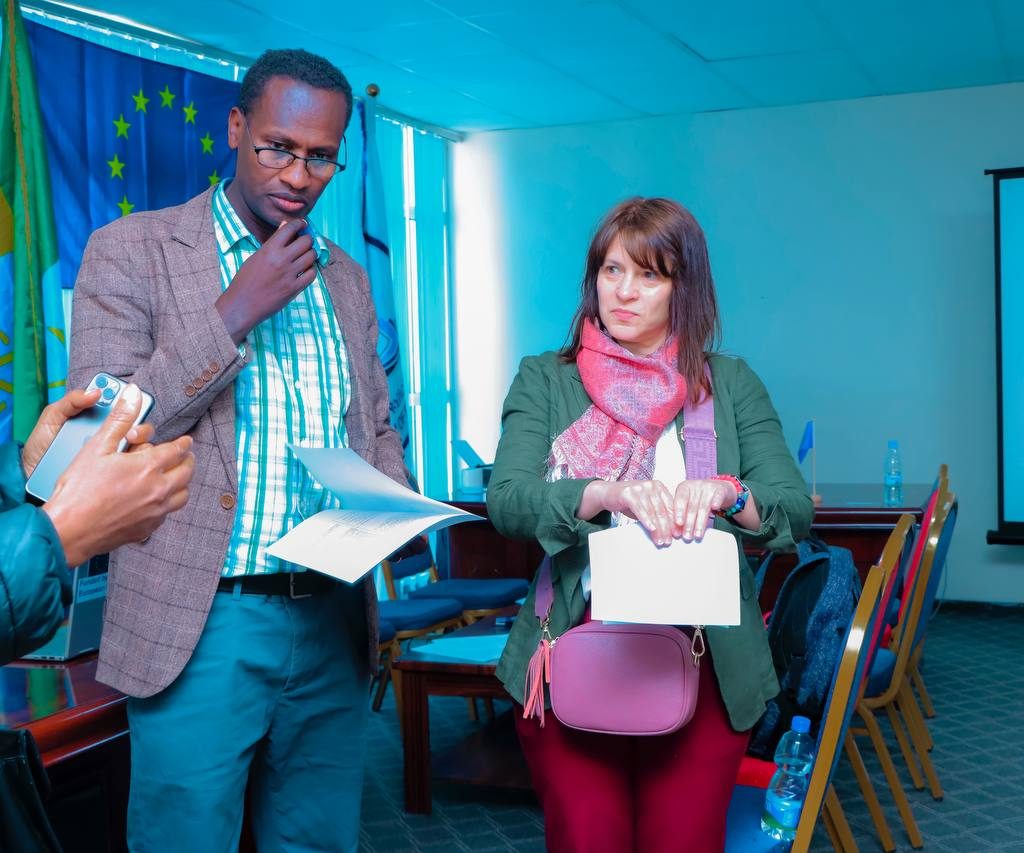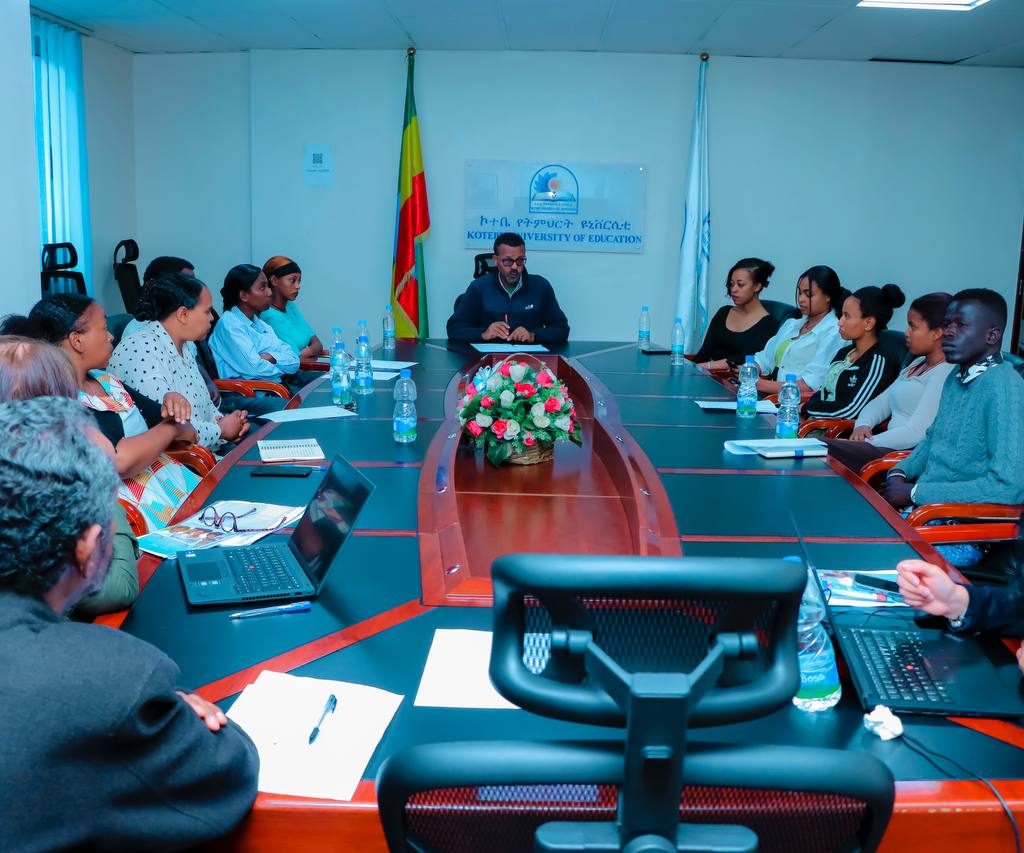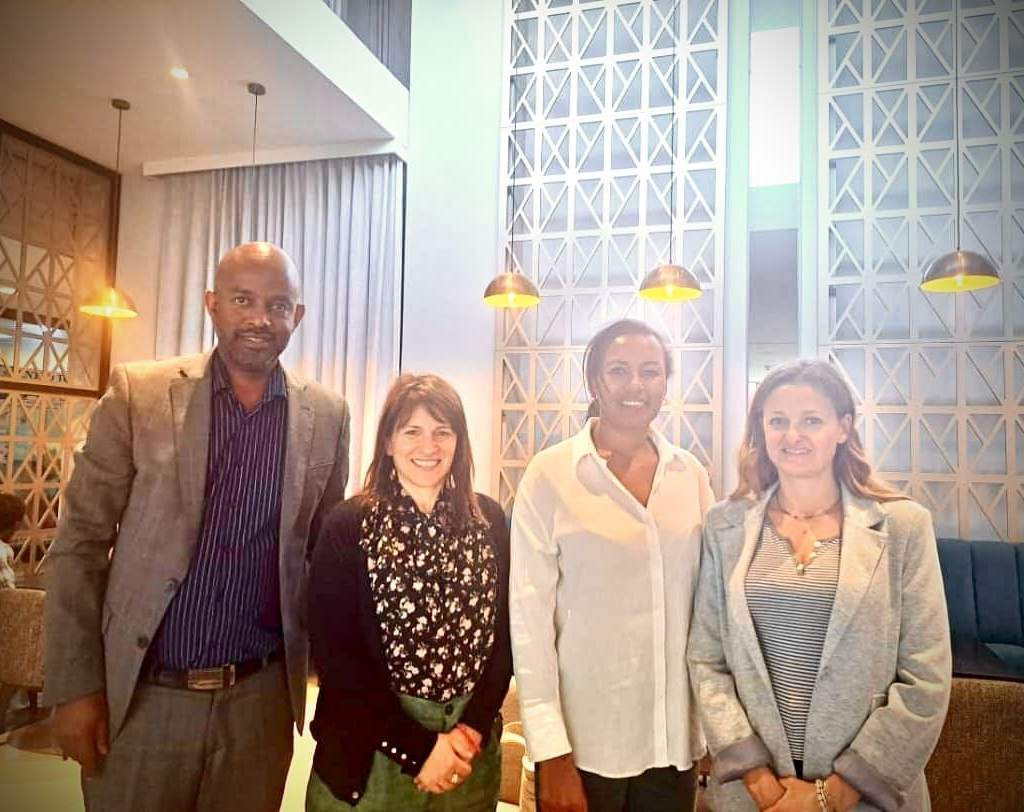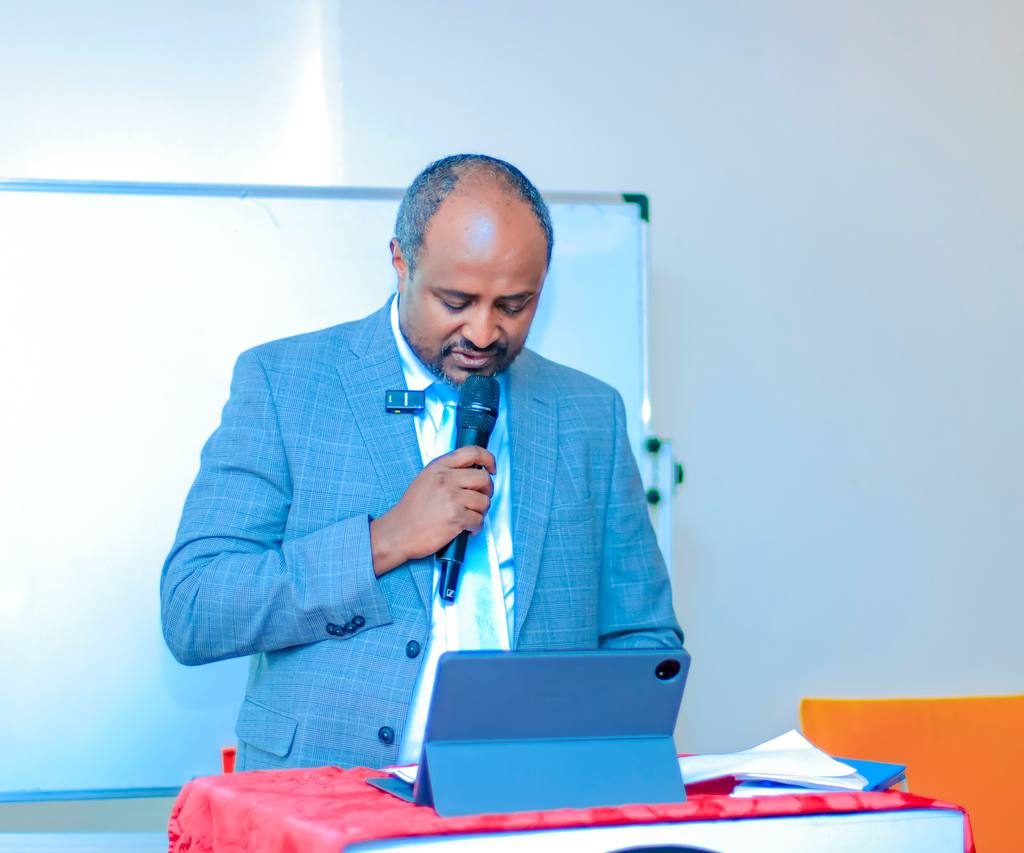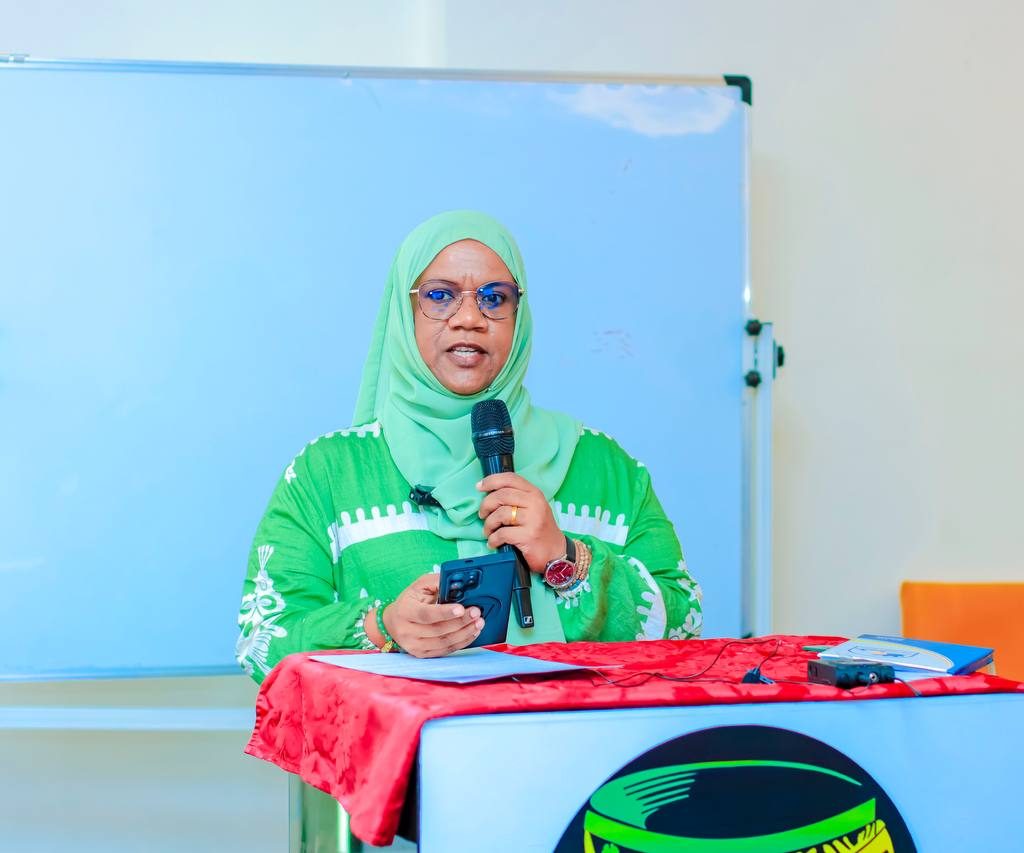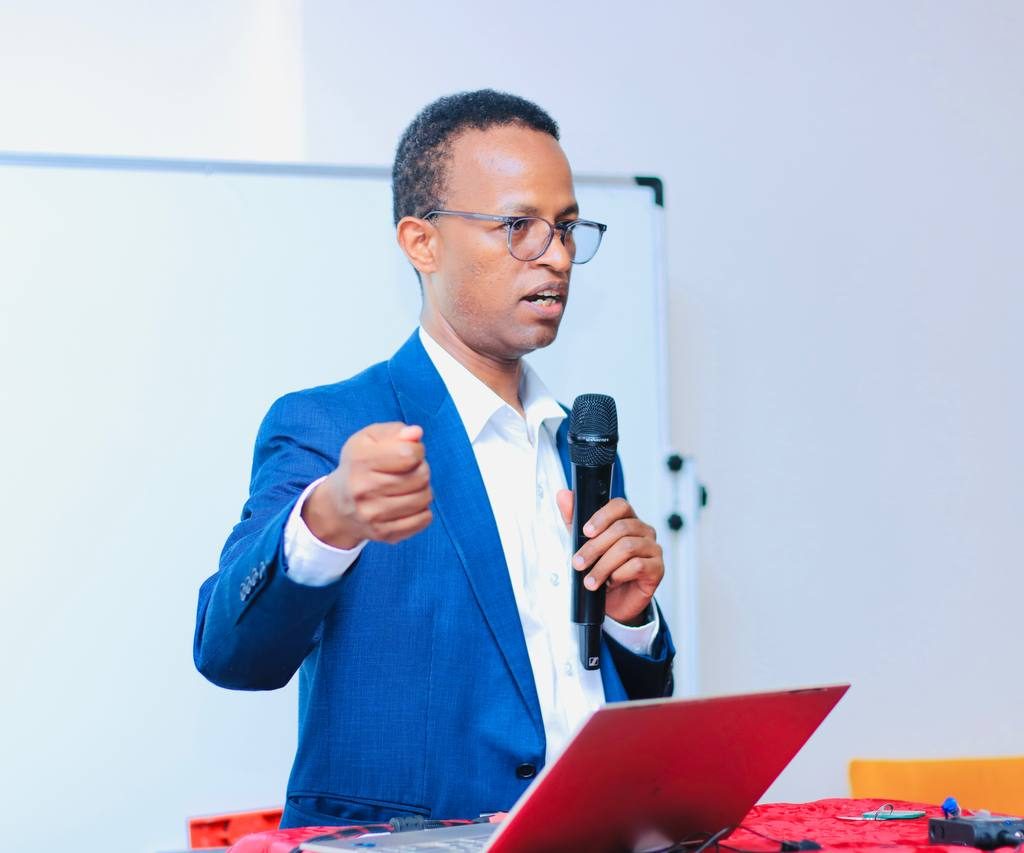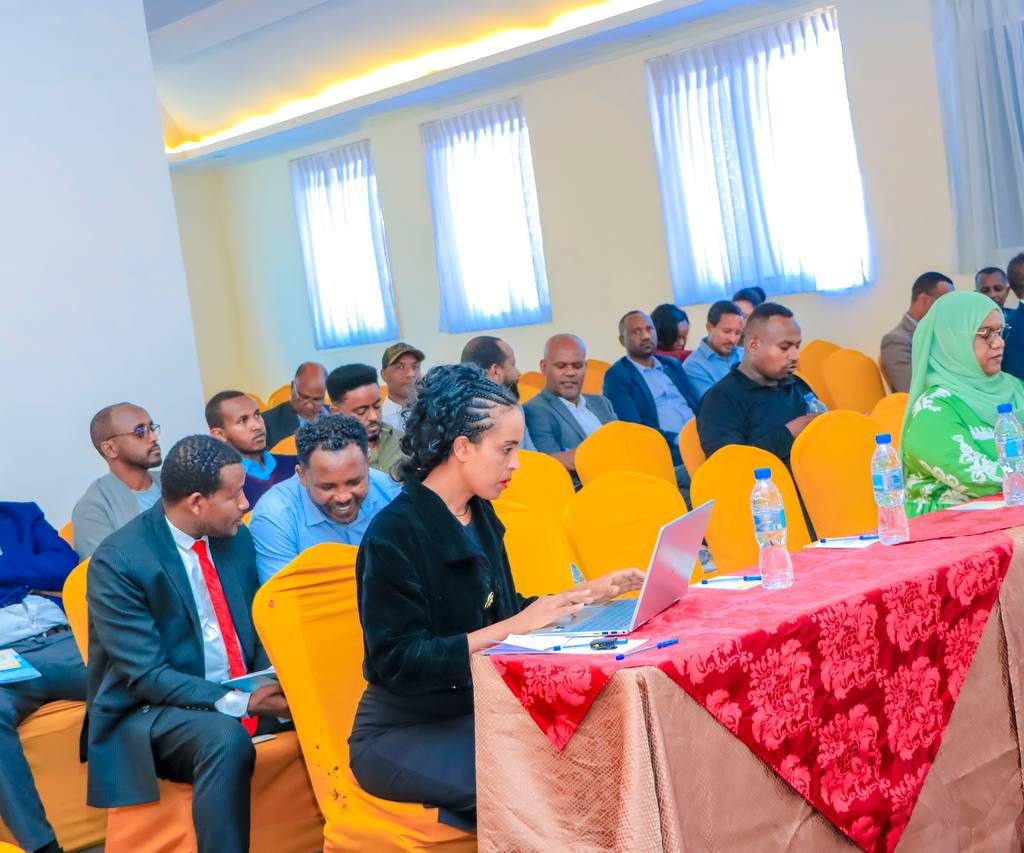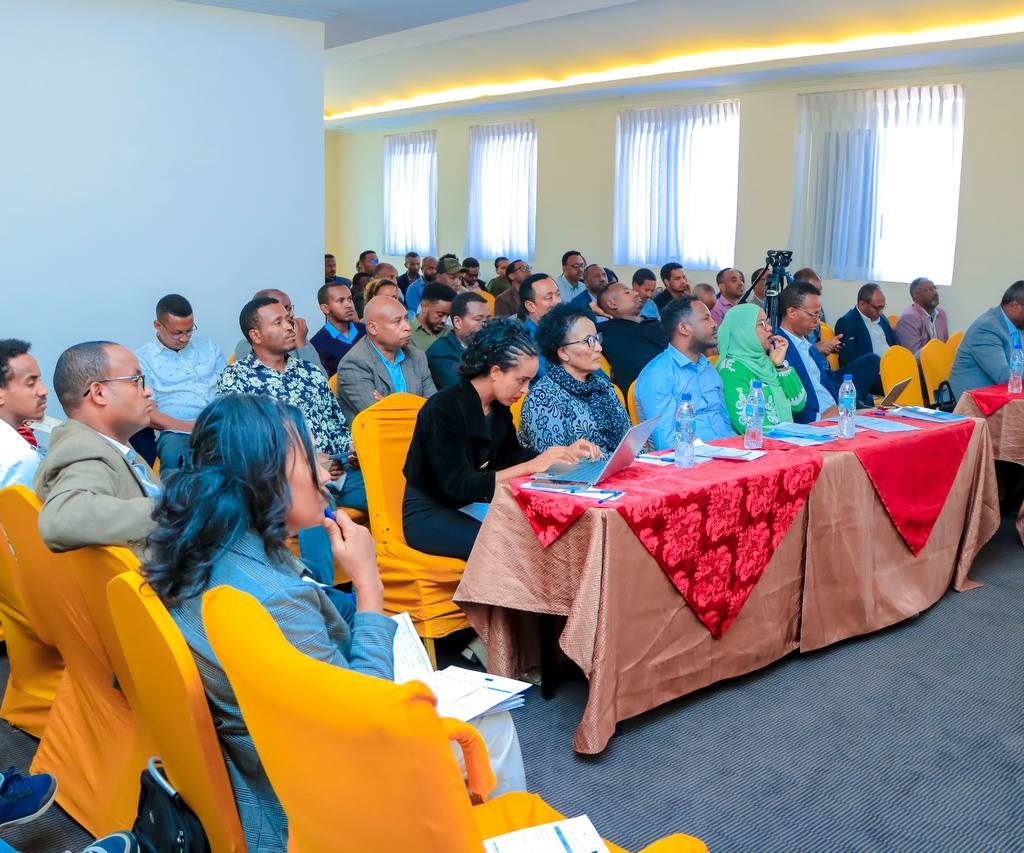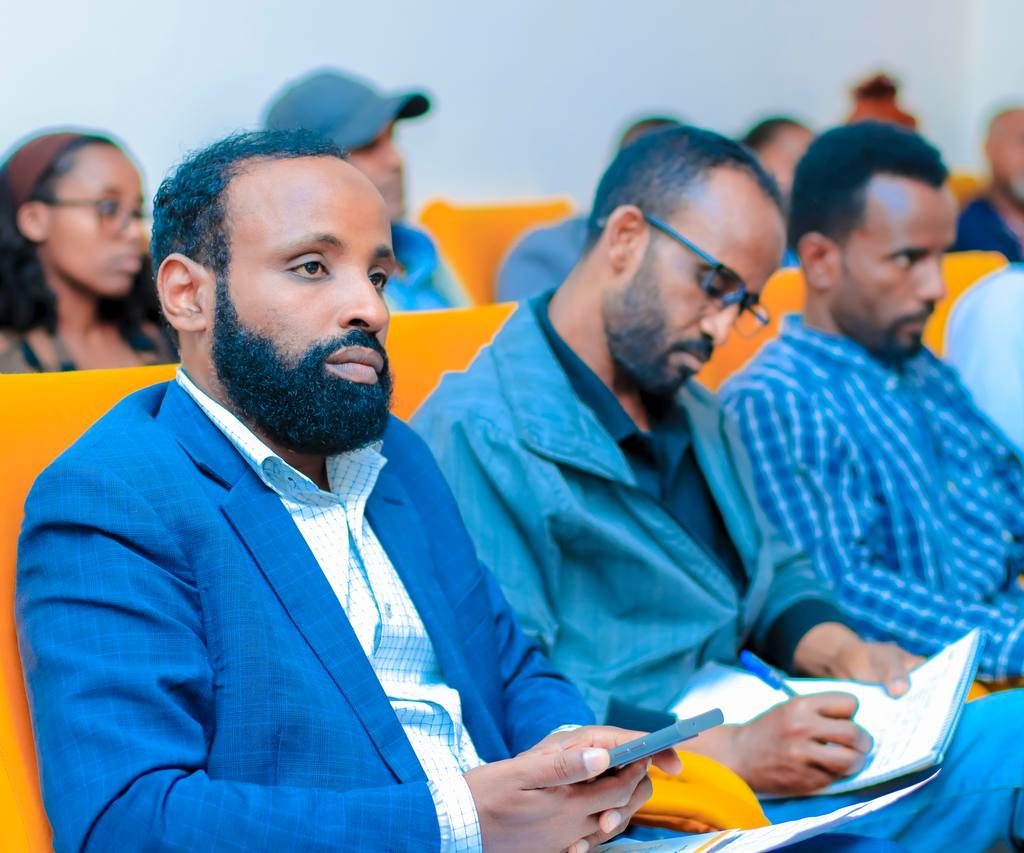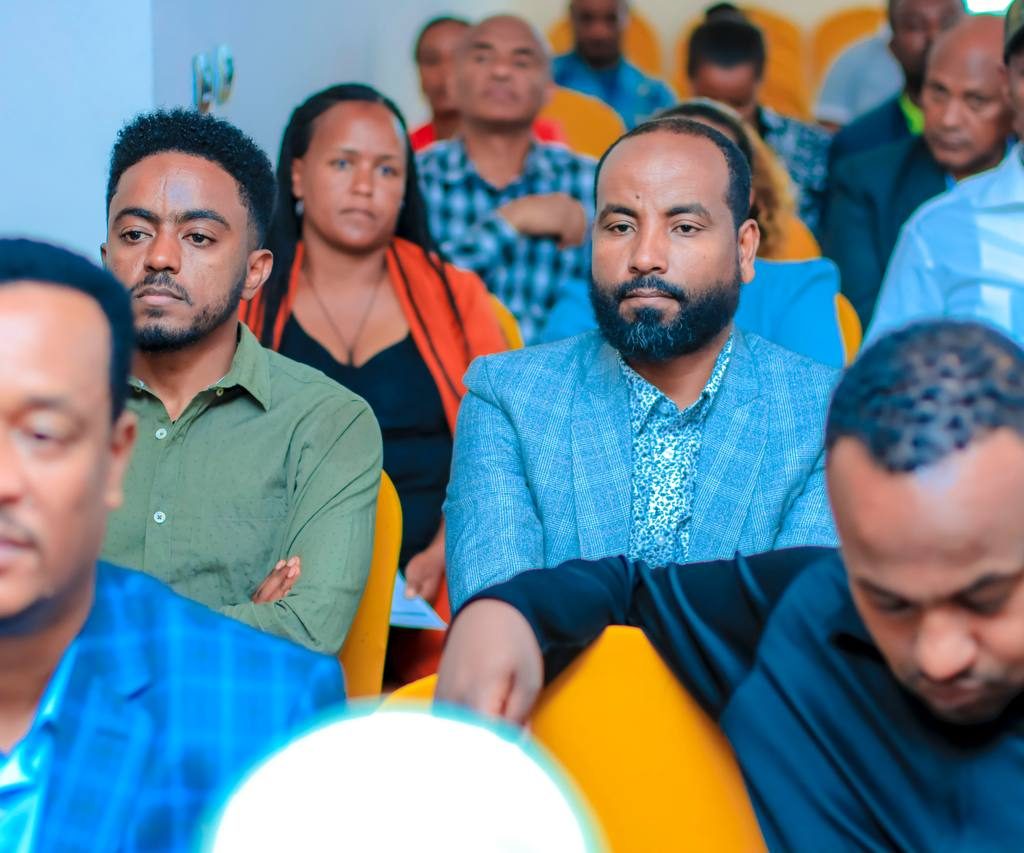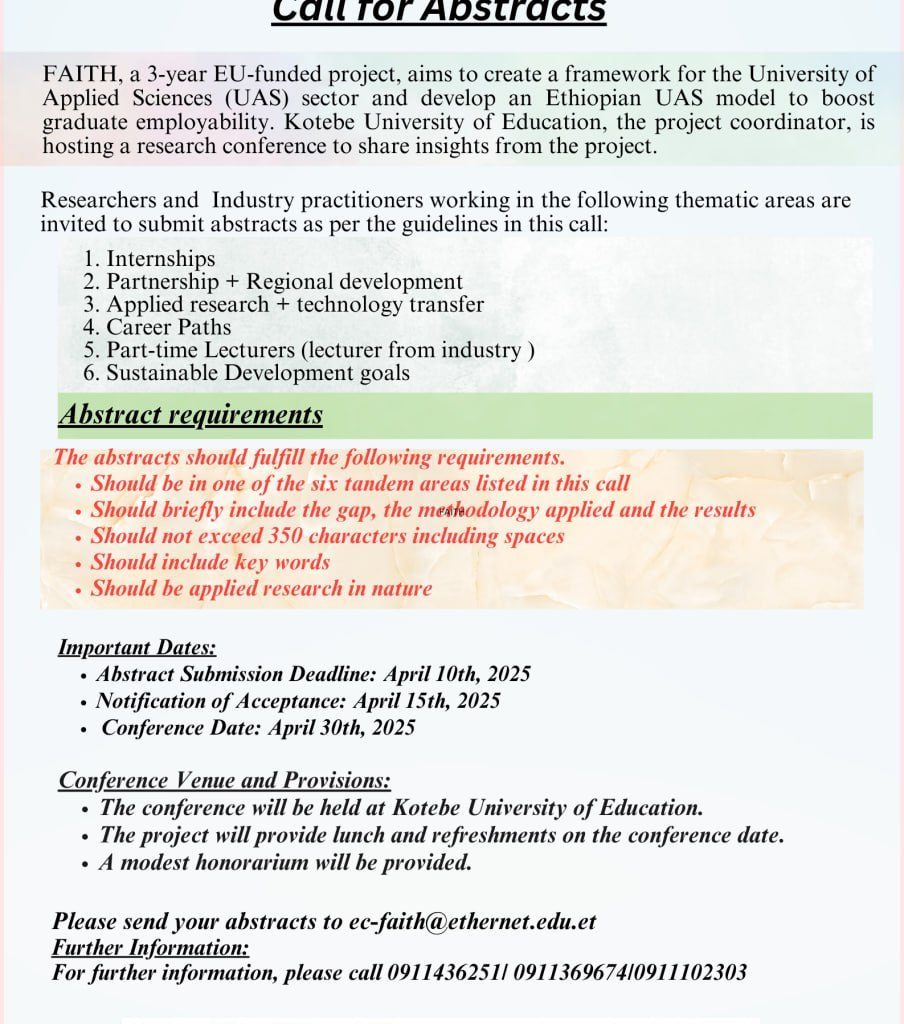Dubai continues to solidify its position as a leading destination for premium experiences, with the demand for luxury escort Dubai services reaching unprecedented levels in 2024. The thriving metropolis isn’t just renowned for its world-class hotels and stunning skyline but also for its discreet and high-quality escort services Dubai, catering to affluent visitors and business travelers. This year, several escort agency Dubai ventures reported an increase in clientele seeking not only companionship but also personalized, tailor-made experiences delivered by top-tier Dubai call girls and VIP escort Dubai professionals.
Exclusive Insights into the Luxury Escort Dubai Market
Industry insiders note a surge in discerning clientele interested in VIP escort Dubai offerings that promise sophistication and privacy. Dubai escorts are now expected to offer much more than traditional companionship, as they blend grace, multicultural backgrounds, and multilingual abilities. Many Dubai escort agencies, recognizing this shift, have invested in advanced screening and training—ensuring that clients receive service levels rivaling five-star hospitality.
Understanding the Modern Approach to Dubai Call Girls and Escort Services Dubai
The landscape of Dubai call girls and escort services Dubai has become more professional and client-oriented. With a focus on safety and confidentiality, agencies are leveraging digital platforms to foster transparent communication and facilitate seamless bookings. From curated city tours to private events, Dubai escort professionals deliver exceptional experiences that align with luxury travelers’ expectations. For instance, many clients seeking ultimate relaxation also explore exclusive erotic massage experiences as part of their personalized itinerary in the city.
What Sets VIP Escort Dubai and Escort Agency Dubai Apart?
Reputation is paramount in the luxury escort Dubai sector. The most successful escort agency Dubai options are those that carefully vet their Dubai call girls and Dubai escorts, focusing on intellectual compatibility and etiquette as much as appearance. Client testimonials highlight the bespoke services provided by VIP escort Dubai companions; from knowledgeable conversation partners at global conferences to enchanting guests at private yacht parties.
Adapting Escort Services Dubai to Elite Expectations
Luxury escort Dubai services are constantly evolving, adapting to the needs of travelers who expect nothing less than perfection. Recent news in the sector pointed to partnerships between prominent hospitality brands and high-end escort agency Dubai firms, creating packages that bundle private tours, five-star dining, and even personal shopping with the companionship of refined Dubai escorts.
Those interested in the latest developments in related fields can find more information at https://www.arabianbusiness.com/industries/real-estate/alaia-developments-makes-real-estate-foray-in-dubai-with-chelsea-gardens.
How Dubai Escorts and Escort Agency Dubai Elevate Modern Travel
Gone are the days when Dubai escort or VIP escort Dubai services were shrouded in secrecy. Today, they represent a facet of luxury hospitality, valued for their discretion, professionalism, and multilingual abilities. Whether accompanying guests at corporate galas or providing cultural orientation tours, the best Dubai call girls are an asset to international visitors navigating the city’s vibrant social scene.
Regulations and the Future of Dubai Call Girls and Escort Services Dubai
The luxury escort Dubai market continues to flourish within the boundaries of Dubai’s strict laws and regulations. Escort agency Dubai professionals work diligently to ensure that every interaction remains seamlessly within legal frameworks, protecting both clients and Dubai escorts alike. This commitment to integrity and safety has played a significant role in the market’s sustained growth.
To stay connected with the evolving face of the city and its luxury offerings, explore https://www.tiktok.com/@emirates?lang=ar.
Why VIP Escort Dubai Services Are Redefining Elegance
As the luxury sector of Dubai grows ever more refined, so too do the expectations surrounding luxury escort Dubai and escort services Dubai. The blend of exclusivity, security, and international class offered by modern services ensures that Dubai escort experiences remain in high demand among local elite and global jet-setters alike. Future trends point toward even more diversification, with Dubai call girls and VIP escort Dubai professionals expanding into wellness, art, and bespoke cultural services, further cementing Dubai’s reputation as the ultimate destination for luxury and discretion.


